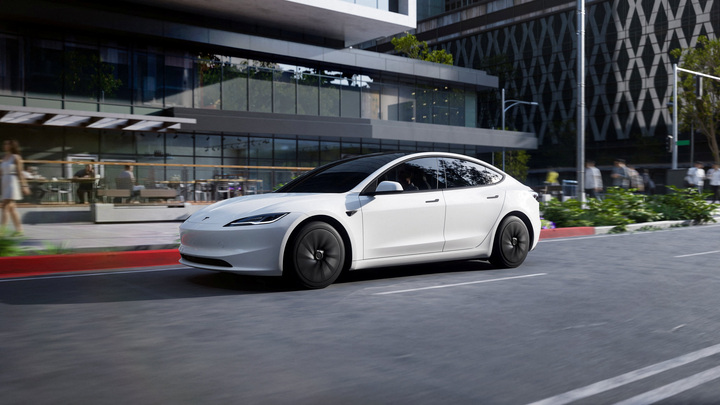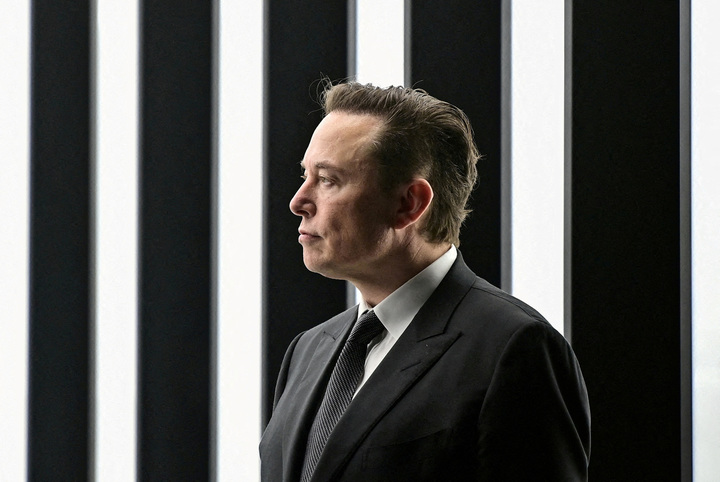The compensation package offered to Tesla CEO Elon Musk has made corporate history, potentially netting him hundreds of billions of dollars over the next decade. While the package was initially presented as requiring "Mars-shot milestones"—ambitious targets meant to revolutionize the company's value and product lines—recent analysis suggests Musk could reap billions even if he misses the most revolutionary goals.
Unprecedented Scale and Controversy
Tesla’s board of directors has proposed a compensation structure that is the largest in corporate history, underscoring Musk’s perceived indispensability to the company's future, especially as Tesla pivots aggressively into Artificial Intelligence (AI) and Robotics. The proposal is designed to increase his equity and voting power, an effort the board argues is necessary to keep him committed to the company amid his various ventures like SpaceX and xAI.
However, the sheer scale of the package—which has been reported to potentially reach over $800 billion in stock options if all targets are met, and even included discussions of a $1 trillion potential reward—has drawn intense scrutiny. Critics warn that the size is "ridiculous" and could dilute the shares of existing shareholders, posing significant governance risks.
The Loosely Defined Path to Billions

The central controversy lies in the conditions attached to the massive stock options. Analysts and executive pay experts note that Musk’s ability to collect tens of billions of dollars is tied not just to astronomical valuation targets (like reaching $8.6 trillion market cap), but also to softer operational goals.
A key Reuters analysis found that Musk could secure over $50 billion by hitting just a handful of the board's less stringent targets. For instance, some product goals—such as those related to "AI-enabled mobile products"—are considered vaguely defined and easier to achieve than the widely touted full self-driving (FSD) capability or the mass production of the Optimus humanoid robot.
While Tesla's financial targets are highly demanding (e.g., reaching a $400 billion EBITDA), the compensation structure is reportedly flexible enough to allow Musk to vest shares even if these profit goals are missed, provided he achieves other product and valuation milestones. This structure ensures that even modest stock growth, combined with hitting easier product targets, could net him billions, making his personal gain less reliant on the company’s absolute fulfillment of its most audacious promises, such as delivering fully autonomous vehicles.
Investor Backlash and the Future of Governance
The pay package faces significant opposition from shareholder advisory groups and some institutional investors who argue that the compensation places Musk's personal financial interest above the long-term well-being of the shareholders. Critics are particularly concerned about Musk's divided focus among his multiple companies, which they believe detracts from his attention to Tesla's core business, especially as the EV market faces stiff competition from international rivals.
The upcoming shareholder vote on the pay package is not just a financial decision; it's a referendum on corporate governance and the extent to which one individual's vision and influence can justify an unprecedented financial reward. Despite the critics, many investors still believe that only Musk has the unique ability to achieve Tesla's transformation into an AI and robotics powerhouse, justifying the massive incentive structure.

